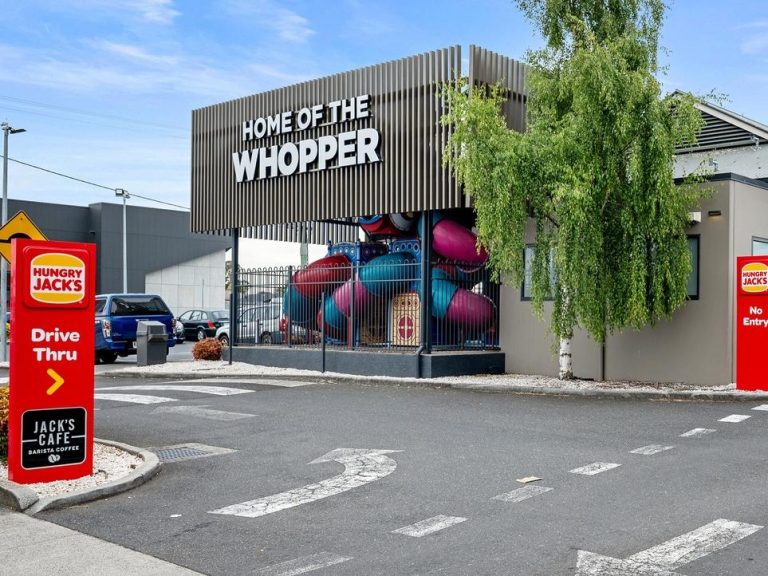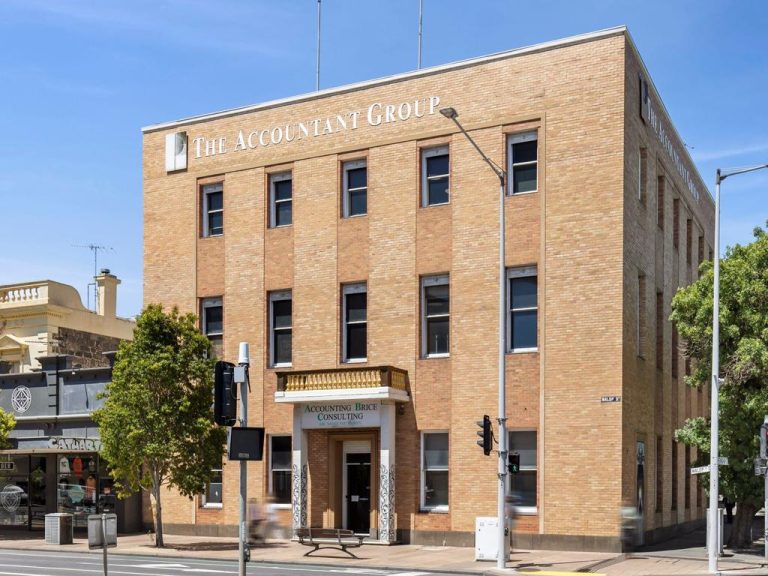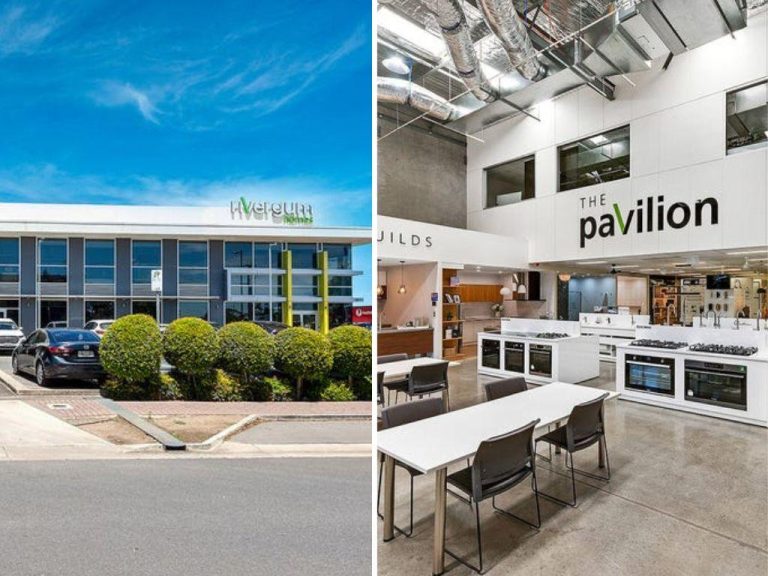LuLu Hypermarket: Biggest barrier to Arab expansion in Australia
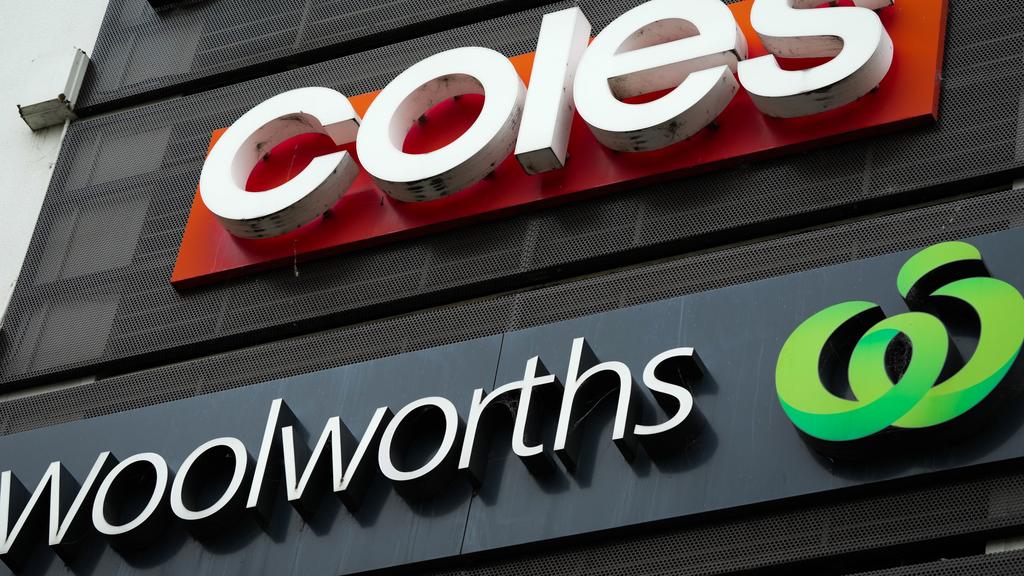
An ACCC report claims Woolworths and Coles have numerous blocks of undeveloped land. Picture: Getty Images
Allegations of ‘land banking’ by Australia’s supermarket giants could prevent another international player from entering the country despite calls from the government to increase competition in the sector.
Prime Minister Anthony Albanese caused a stir in October when he invited Middle Eastern supermarket chain LuLu Hypermarket to set up shop in Australia.
Mr Albanese extended the invitation to Lulu Group chairman LuLu Group, M. A. Yusuff Ali while on a tour of the United Arab Emirates.
“I’ve encouraged him to come to Australia,” Mr Albanese told reporters. “We need more competition in the Australian supermarket sector.”
LuLu Group operates more than 250 stores across the Middle East and Asia, including its enormous Hypermarket megastores that are three times as large as a typical Australian supermarket.
With an average size of 9200 sqm, a typical LuLu Hypermarket dwarfs Aussie supermarkets Woolworths and Coles, which are usually sized between 2500 and 3500sqm.
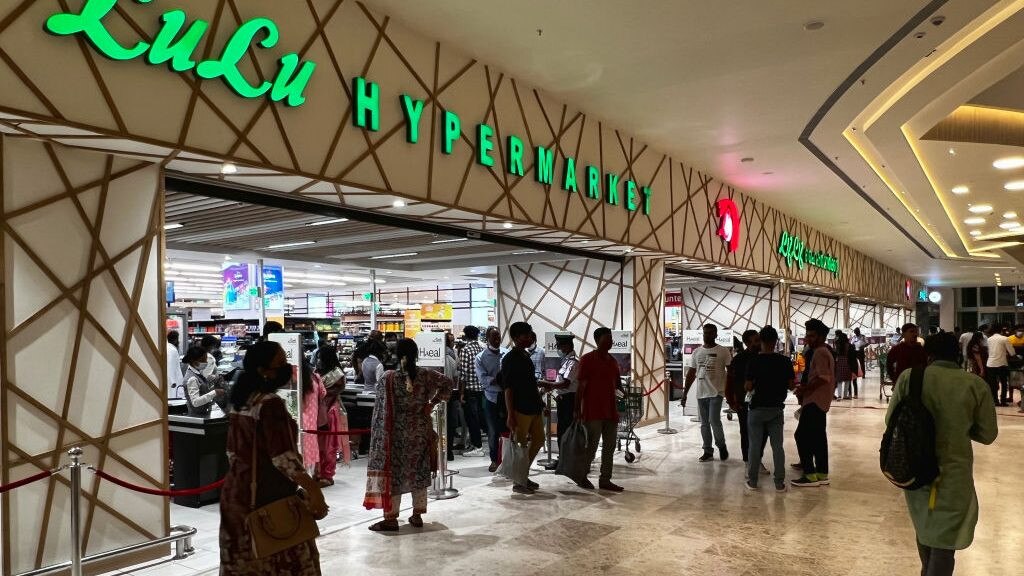
Prime Minister Anthony Albanese has invited Lulu Hypermarket to set up shop in Australia, but could it actually happen? Picture: Getty
The megastores offer groceries, household goods and lifestyle products under the one roof, with products sourced from 85 countries around the world.
But despite Mr Albanese’s intentions to create more competition in the Australia supermarket sector, any potential move by LuLu Hypermarket to establish itself Down Under could be over before it begins thanks to the ‘land banking’ allegations that have dogged Woolworths, Coles and Aldi for several months.
The ACCC report found there were “significant barriers to entry and expansion at scale”, not least of which was access to suitable retail sites, with Coles and Woolworths together holding more than 150 undeveloped sites.
The report, which forms part of an ACCC investigation into ‘land banking’, shows 165 blocks of land were potentially being hoarded by the major supermarkets in an alleged bid to block competitors from getting a foot into the market.
Woolworths was revealed to own 110 blocks of undeveloped land while Coles had 42 and Aldi had 13.
Both Woolworths and Coles have denied claims of ‘land banking’.
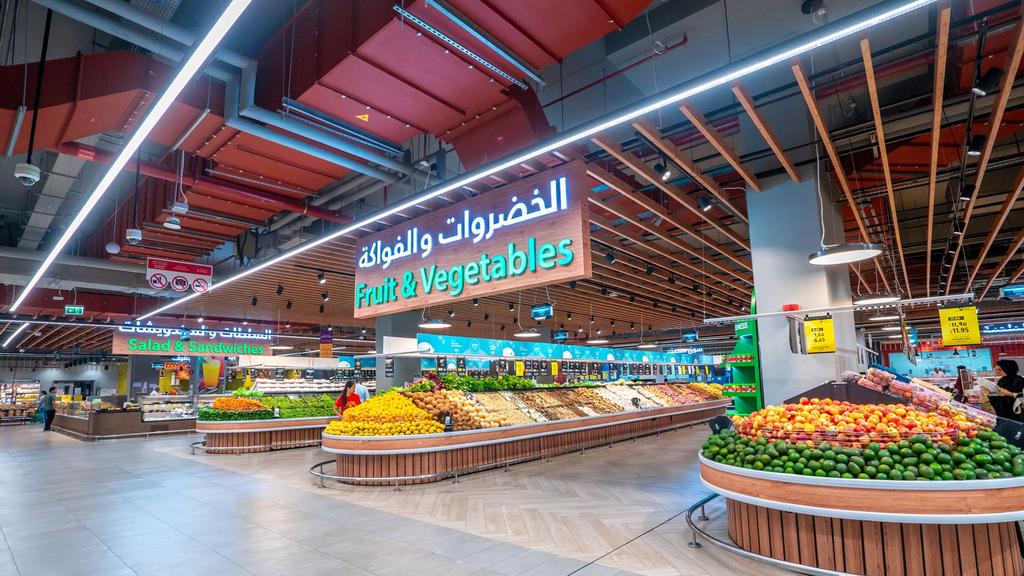
LuLu Hypermarket’s are huge compared to traditional Coles and Woolworths spaces. Picture: Supplied
Retail expert Professor Gary Mortimer of Queensland University of Technology told realcommercial.com.au that the chances of LuLu Hypermarket coming to Australia were slim.
“There’s clearly some significant challenges, and number one is location and space,” he said.
“Their Hypermarkets are large format businesses. There isn’t available real estate for those types of developments, and presently most suburbs would already be underpinned by at least one supermarket, if not two or three.”
“The second problem is population density. In Australia we’ve got a very small population and a very large landmass. The eastern seaboard is already well-serviced by Coles, Woolworths, Aldi and IGA.”
Mr Mortimer said although Aldi and Costco had proved it was possible for new brands to enter the Australian market, their business models differed significantly to that of LuLu Hypermarket.
“Aldi was able to grow quickly because they’re a smaller format business and they don’t require a lot of infrastructure,” he said.
“Costco has done incredibly well, but it’s very slow growth and their growth is somewhat exposed to available land and space. They’re more of a destination retailer – you’re not going to do your weekly grocery shopping there, but you might go out once a fortnight and buy in bulk.”
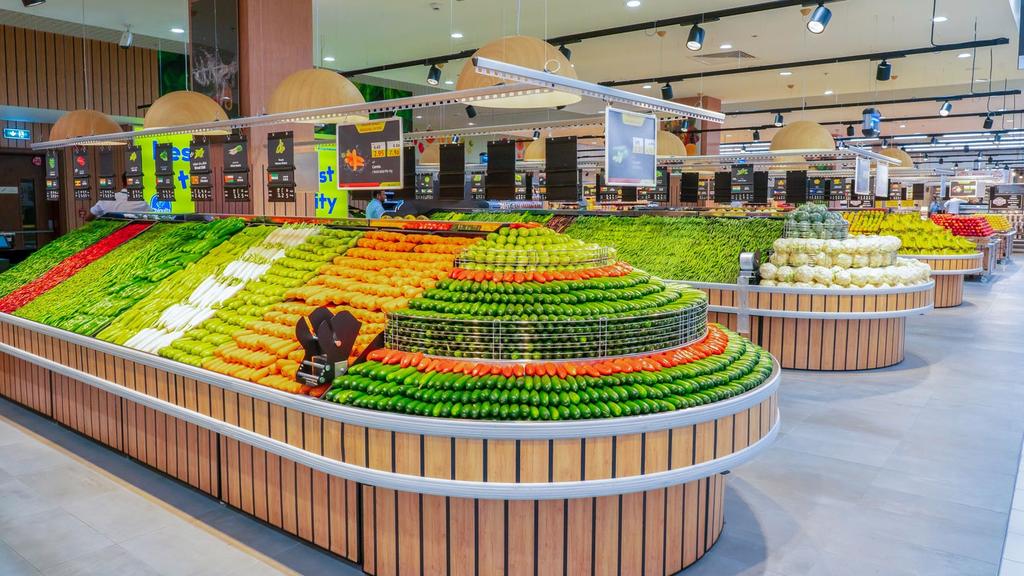
LuLu Hypermarket would create additional competition in Australia if they could get their foot into the country. Picture: Supplied
A new overseas player could have the potential to shake up Australia’s $148 billion supermarket sector that is currently dominated by Woolworths and Coles.
The two retail giants are responsible for two thirds of grocery sales nationally, while German retailer Aldi has a 9 per cent share and Metcash has 7 per cent through the independently-owned IGA and Foodland stores it supplies, the report found.
Mr Mortimer said the smaller size of Australia’s supermarket sector relative to other major markets was also a factor discouraging big multinational companies from setting up shop.
“An international player may pick up 1% or 2% market share in the first year of operation, but the likes of Tesco or Loblaws are not rolling out bed for $10 or $20 million,” he said.
Mr Mortimer said Mr Albanese’s invitation was more likely to be “pleasantries” rather than a solid plan to bring LuLu Hypermarket to Australia.
“When you take into consideration the challenges of available real estate and the population dentistry challenges we face and the fact that we’re already a relatively over-serviced population when it comes to food and groceries, I don’t see how a business like LuLu would successfully enter and be viable,” he said.

